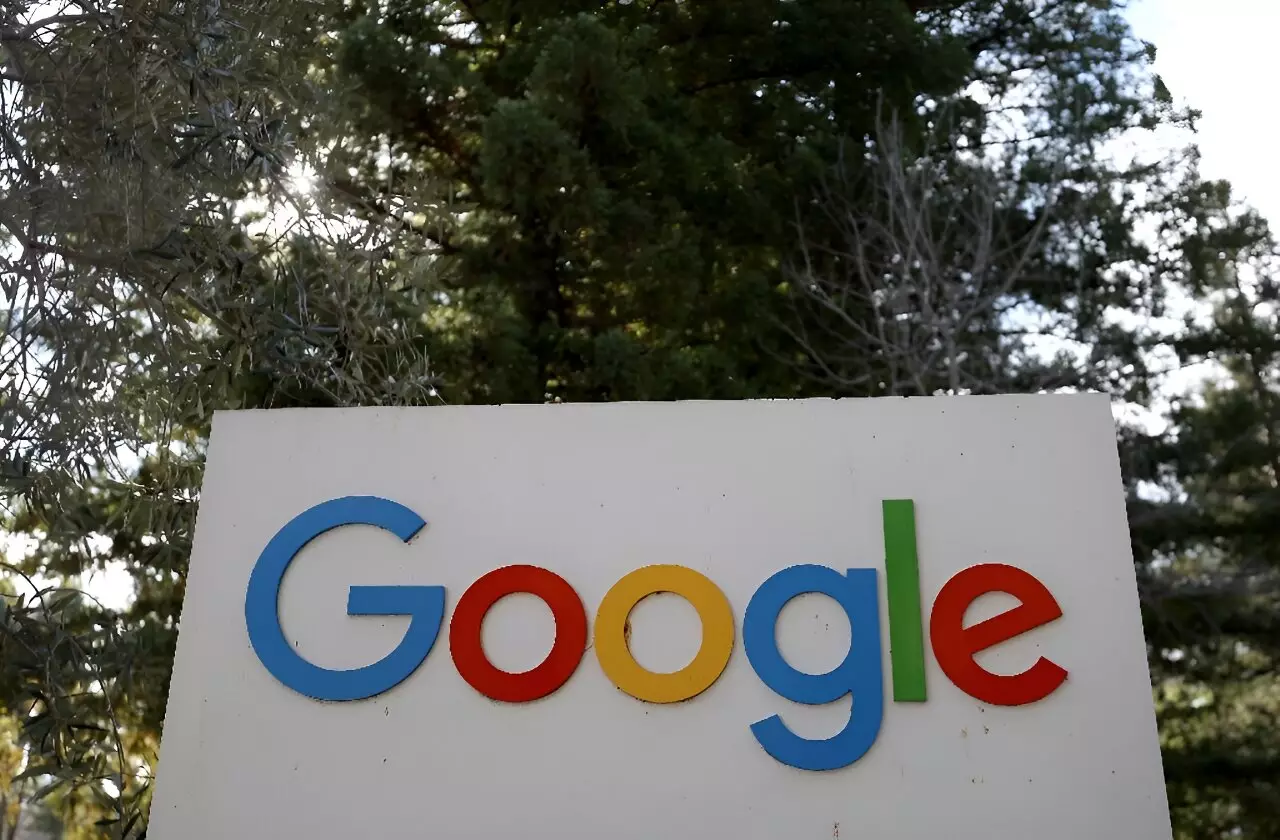Google recently announced that it is conducting a trial that involves removing links to California news sites for certain users in the state. This move comes as California legislators consider passing the California Journalism Preservation Act (CJPA), which would essentially create a “link tax” for connecting users in the state to news articles. Jaffer Zaidi, Google’s Global News Partnerships vice president, expressed concerns about the potential financial implications of the CJPA, stating that it would create significant uncertainty for businesses.
International Precedents and Tech Giants’ Reactions
Google and Meta, Facebook’s parent company, have faced similar challenges in other countries where legislation has been introduced to require tech giants to compensate news outlets for the content shared on their platforms. For example, Facebook blocked news articles on its site in Australia after the passage of a similar law, but later reached agreements with news publishers to provide compensation. In France, Google entered into an agreement with publishers and press agencies to display news content on its platform. Similarly, Canada and Google signed a deal in which the tech giant would pay Canadian media companies $100 million annually in compensation for lost advertising revenue.
The Impact on Google’s Search Engine and News Ecosystem
Google’s trial involves removing links to news websites that could potentially be affected by the CJPA to assess the impact on the platform. Zaidi noted that only a small percentage of Google search queries are news-related, as people increasingly turn to other sources such as video, newsletters, podcasts, and social media for news consumption. In response to the uncertainty surrounding California’s proposed legislation, Google has decided to halt investments in the state’s news ecosystem until regulatory plans become clearer. Zaidi emphasized the importance of both government support and private sector involvement in sustaining a healthy news industry in California.
The ongoing battle between Google and California news sites highlights the complex relationship between tech companies and traditional media outlets. As legislators continue to grapple with how to regulate the digital landscape, it is evident that finding a balance between protecting journalistic integrity and ensuring fair compensation for content creators is essential. The outcome of California’s proposed legislation could set a precedent for how other states and countries approach the issue of online news distribution and monetization.


Leave a Reply